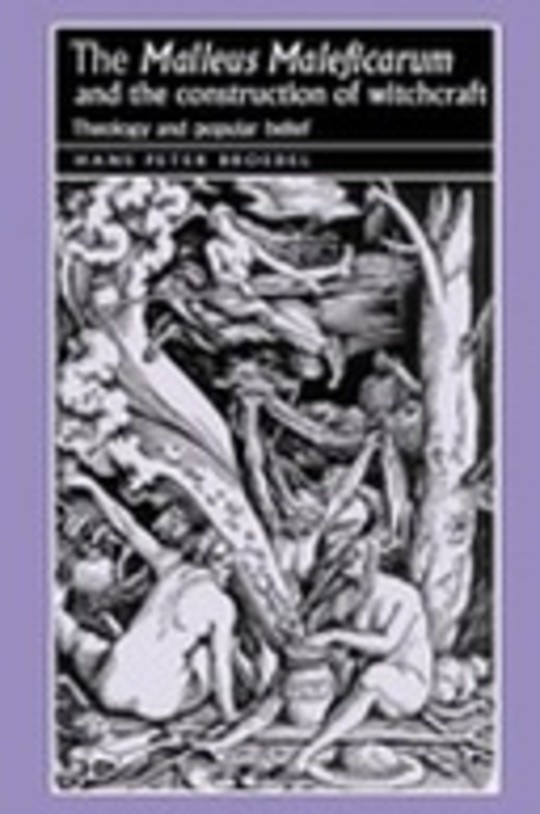
This edited volume is the first scholarly tome exclusively dedicated to Mikhail Bakhtin’s theory of the literary chronotope. This concept, initially developed in the 1930s and used as a frame of reference throughout Bakhtin’s own writings, has been highly influential in literary studies. After an extensive introduction that serves as a ‘state of the art’, the volume is divided into four main parts: Philosophical Reflections, Relevance of the Chronotope for Literary History, Chronotopical Readings and Some Perspectives for Literary Theory. These thematic categories contain contributions by well-established Bakhtin specialists such as Gary Saul Morson and Michael Holquist, as well as a number of essays by scholars who have published on this subject before. Together the papers in this volume explore the implications of Bakhtin’s concept of the chronotope for a variety of theoretical topics such as literary imagination, polysystem theory and literary adaptation; for modern views on literary history ranging from the hellenistic romance to nineteenth-century realism; and for analyses of well-known novelists and poets as diverse as Milton, Fielding, Dickinson, Dostoevsky, Papadiamandis and DeLillo.











